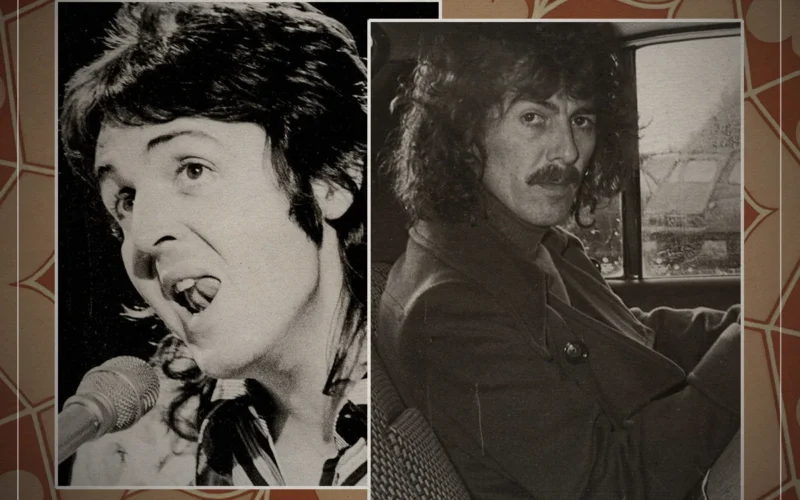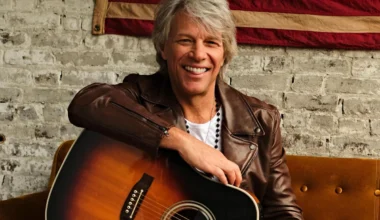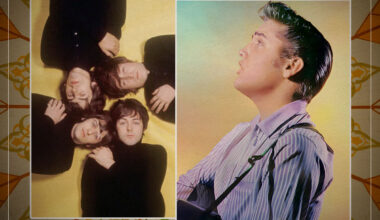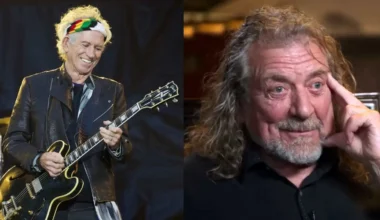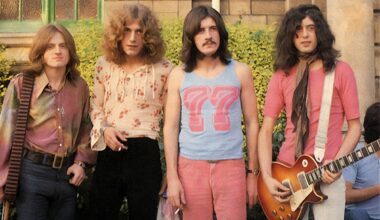I love how silly Paul McCartney is. For a while, though, I didn’t. I was your classic angsty teen, mistaking optimism for baselessness and instead steering into more introspective nuance. But I grew older and realised the world needed silliness, so I reconnected with the playfulness of Paul.
He got away with it because he was a master of melody. He didn’t just wilfully throw pointless lyrics over the top of nothing; instead, he allowed them to ride the wave of melodic brilliance. And we perhaps saw that at its very best during his time with Wings.
Unshackled from the collaborative expectations of The Beatles–which, come the end of the 1960s, weighed heavy–McCartney wholeheartedly embraced his own style. ‘Silly Love Songs’ would have never been written with the vetting of his fellow Liverpudlians; neither would ‘My Love’. Two of Wings’ finest melodies yet two of McCartney’s most toecurlingly romantic lyrics.
If you listen to those songs and feel somewhat put off by them, then don’t worry—you’re not alone. Come 1970, when The Beatles unplugged their guitars for the last time and went their separate ways, the quiet discontent of each other’s creativity was beginning to grow louder. Of course, John Lennon and McCartney were at war with one another, desperately scratching for the feeling of what once was, but George Harrison grew frustrated in their shadows.
The guitarist had spent the previous five years sharpening his songwriting skills and not necessarily getting the payoff for it. McCartney and Lennon still dominated the album credits, and Harrison’s resentment quietly simmered, stored away with the knowledge that in his arsenal he had a catalogue of songs that would go on to become some of the band’s most famous.
One of which was ‘While My Guitar Gently Weeps’. Despite The White Album being the band’s longest record, throwing ideas at a wall knowing full well that they would stick, Harrison’s song became a standout and etched itself into music history with its iconic solo.
However, either side of Harrison’s song was two other tracks that told a very clear story of the songwriting tensions. Before we get into ‘While My Guitar Gently Weeps’, we hear what is perhaps McCartney’s silliest Beatles track, ‘Ob-La-Di-Bla-Da’. Ridiculous to the point that it’s testing how swiftly critics label McCartney’s work brilliant while simultaneously insulting the creative real estate offered to the rest of the band.
Harrison was clearly growing as a songwriter, but had to temper his musical inclusions on records so that McCartney could release what seemed like the first idea that popped into his head. “At that point in time, Paul couldn’t see beyond himself,” Harrison told Guitar World in 2001. “He was on a roll, but… in his mind, everything that was going on around him was just there to accompany him. He wasn’t sensitive to stepping on other people’s egos or feelings.”
Clearly, his ideas weren’t going to be vetoed, so Harrison felt like a subtle musical response was required. And so on the second part of this double album, after the dust of McCartney’s silliness had settled, we hear ‘Savoy Truffle’, a cutting bluesy that gave way to the line, “But what is sweet now, turns so sour / We all know Ob-La-Di, Ob-La-Da / But can you show me, where you are?”.
In 1968, fans were still living in the all-encompassing bliss of The Beatles, ignorant of the fact that they had just two more albums to savour until the world’s greatest band dissolved. But those who got to the very end of this sprawling double album and listened closely to the lyrics of ‘Savoy Truffle’ may have figured that the end was near.
